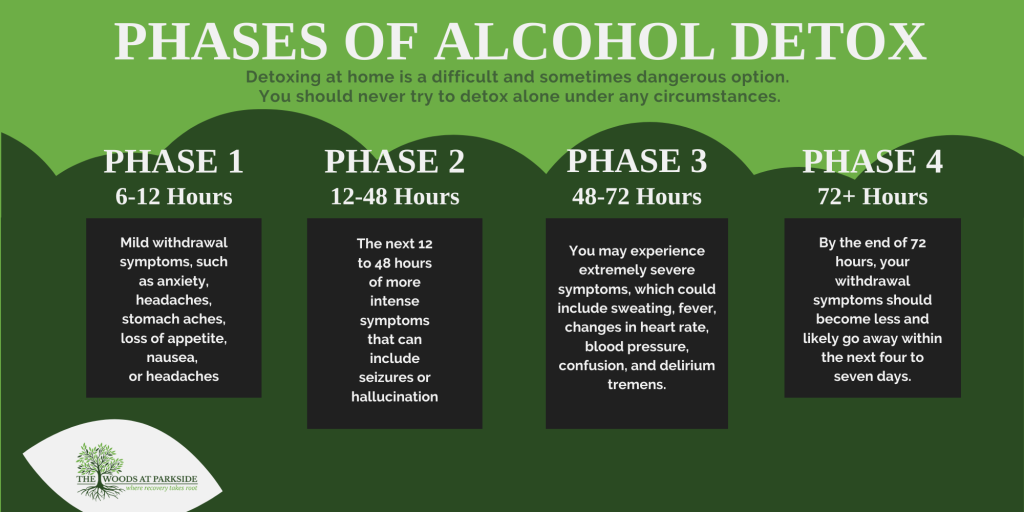
After the festive season many people will now be coming into January looking to lay off the booze for a few weeks.
While Christmas and New Year are a time for packing in the treats, a little over indulgence can mean that toning things down a bit in January isn’t a bad idea.
This video cannot be played because of a technical error.(Error Code: 102006)
And one popular way to do this is to do Dry January – giving up alcohol for the first month of the year.
It’s certainly one way to feel a bit better, as even if and when you start drinking again in February, you can be a bit more moderate.
But, there are a lot of effects that giving up the sauce for a month can have on your body, depending on how much you drink.
As a caveat before we begin, if you are a heavy drinker or think you have a problem you should speak to your doctor. Suddenly stopping alcohol consumption completely can be dangerous in extreme cases, and should be done under medical supervision.
For most people however, Dry January can be a good way to cut back after indulging over Christmas and New Year.
So, according to Delamere, here is how stopping could affect your body.

Witthaya Prasongsin/Getty
At the 12 hour mark you may start to feel some withdrawal symptoms. This could be hand tremors, sweating, restlessness, and retching.
Between 12 and 24 hours these will continue. Sleep is likely to be disturbed, and you could experience some alcohol cravings, and a low mood.
From 12 hours to 72 is considered to be the most dangerous period if you are a very heavy drinker. In extreme cases, this could mean an increased heart rate, raised blood pressure, and seizures.
Between three and seven days for most people the symptoms will begin to recede. However, for a few cases they can worsen and become Delirium Tremens, or DTs.
If this does happen then you should speak to a doctor as soon as possible.
After a week you may notice your sleep patterns beginning to improve, though it can sometimes take longer.

SimpleImages/Getty
At two weeks you may notice some weight loss, depending on how much you normally drink, as you are not taking in calories from your beverage of choice.
From three to four weeks you may see your blood pressure improving if alcohol was a factor in it before.
Finally, at the one month mark you could see some improvement in your skin.
For the majority of people, cutting out alcohol for a month is a good way to reduce your consumption, and the dangers are only a factor in more extreme cases.
Taking a month out can also allow you to re-evaluate your relationship with alcohol as well as saving you a bit of cash.
If you do choose to start drinking again, you can do so because you enjoy it rather than perhaps as a compulsion or social crutch.
Happy New Year!